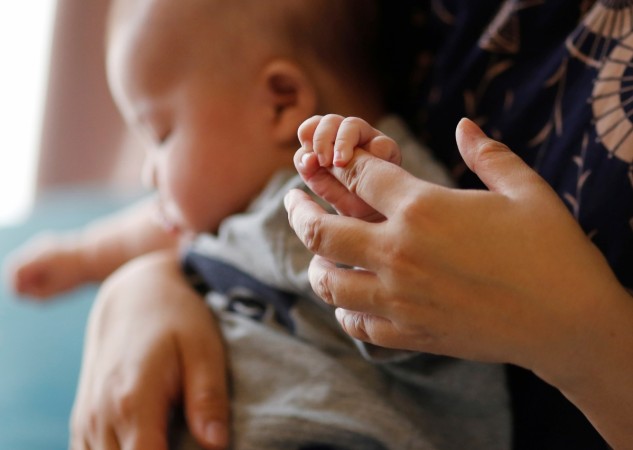
Finally, the UK has become the first nation to legalise the controversial three-parent baby treatment. This treatment was given a green signal by UK's fertility regulator Human Fertilisation and Embryology Authority (HFEA) at a board meeting on December 15.
The UK government had legalised the three-parent baby treatment in 2015, but HFEA requested that more research should be carried out on the technique before conducting clinical trials. The first three-parent baby was born in Mexico this September and this therapy is used in Ukraine as well, as no laws preventing this treatment exist there.
On November 30, HFEA was informed by scientists that this therapy was all set to be conducted in clinics as research was conducted on it for two decades. HFEA took time till December 15 and agreed to allow this treatment in the UK.
The treatment will be given to those in need by next spring and extremely serious cases will be given preference, according to HFEA. Around 3,000 women are likely to be selected for this treatment.
"Today's historic decision means that parents at very high risk of having a child with life-threatening mitochondrial disease may soon have the chance of a healthy, genetically related child. This is life-changing for those families," Chairwoman Sally Cheshire was quoted as saying by BT.
Legalising this process provides clinics with the authority to carry out the mitochondrial replacement therapy (MRT), which helps in providing a healthy baby to parents who are diagnosed with a rare genetic disorder. The defective mitochondria of the mother are detected and replaced with healthy ones belonging to another female donor. Hence, the young one born will have the DNA of both the parents as well as that of the donor. This miraculous process will help in safeguarding the baby as well as future generations from getting fatal genetic disorders.
The treatment has been pioneered by scientists from the University of Newcastle and they aim at aiding 25 women per year by providing them this treatment with the help of funding by NHS.
















